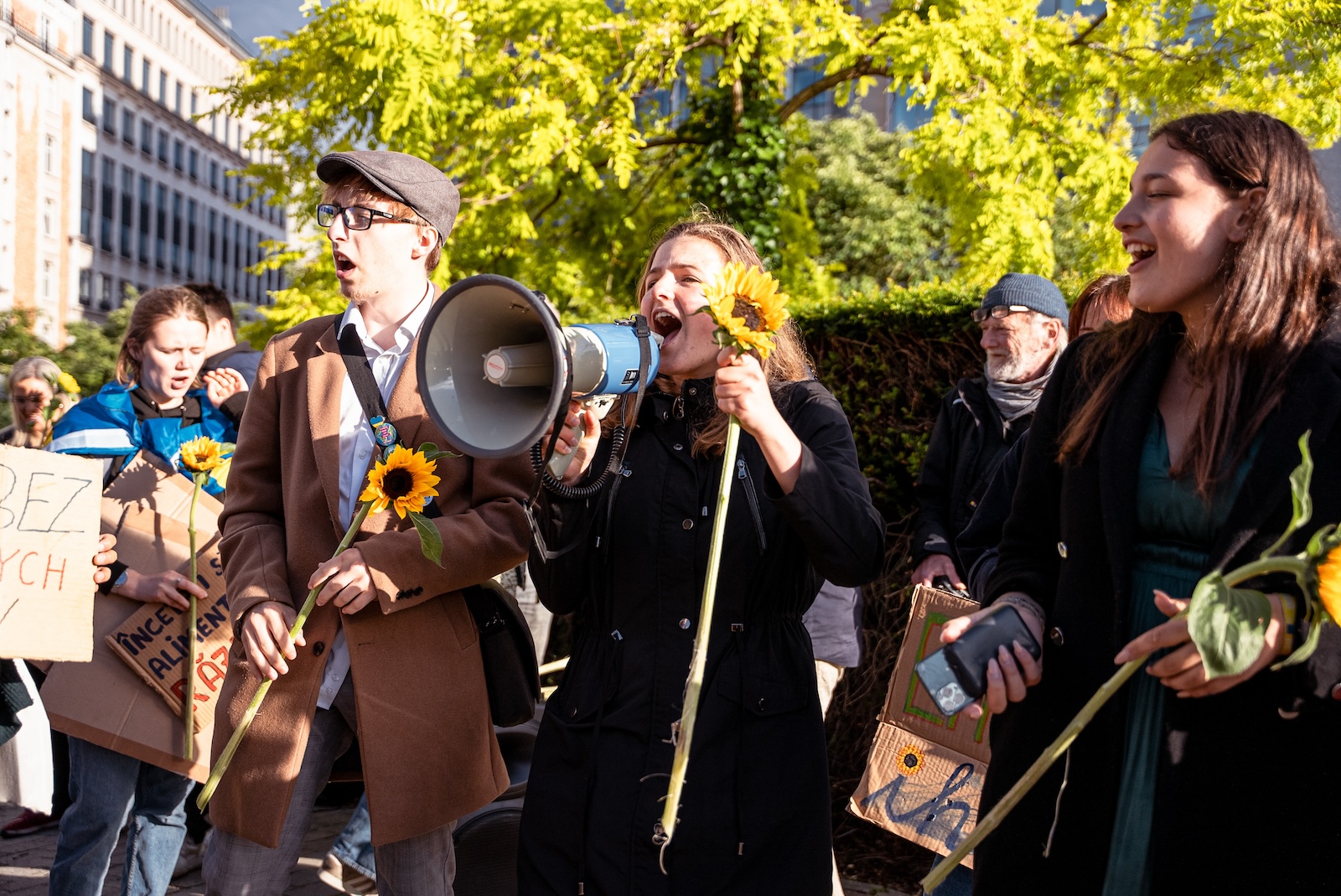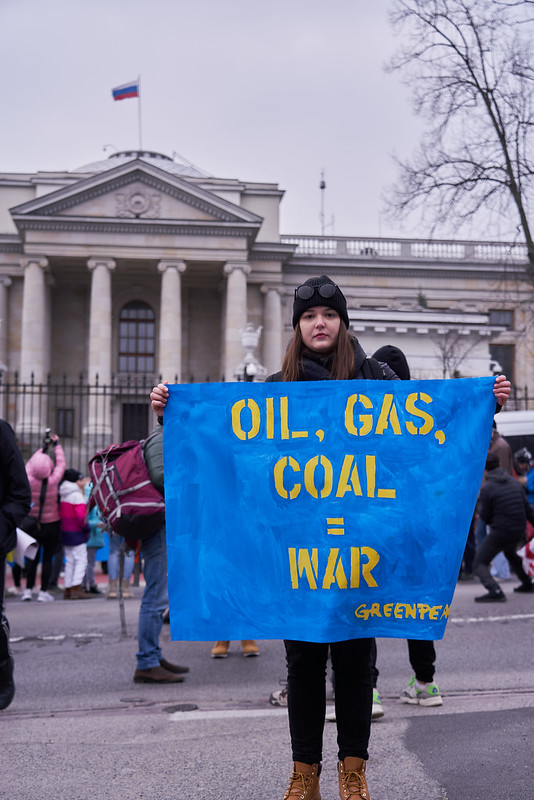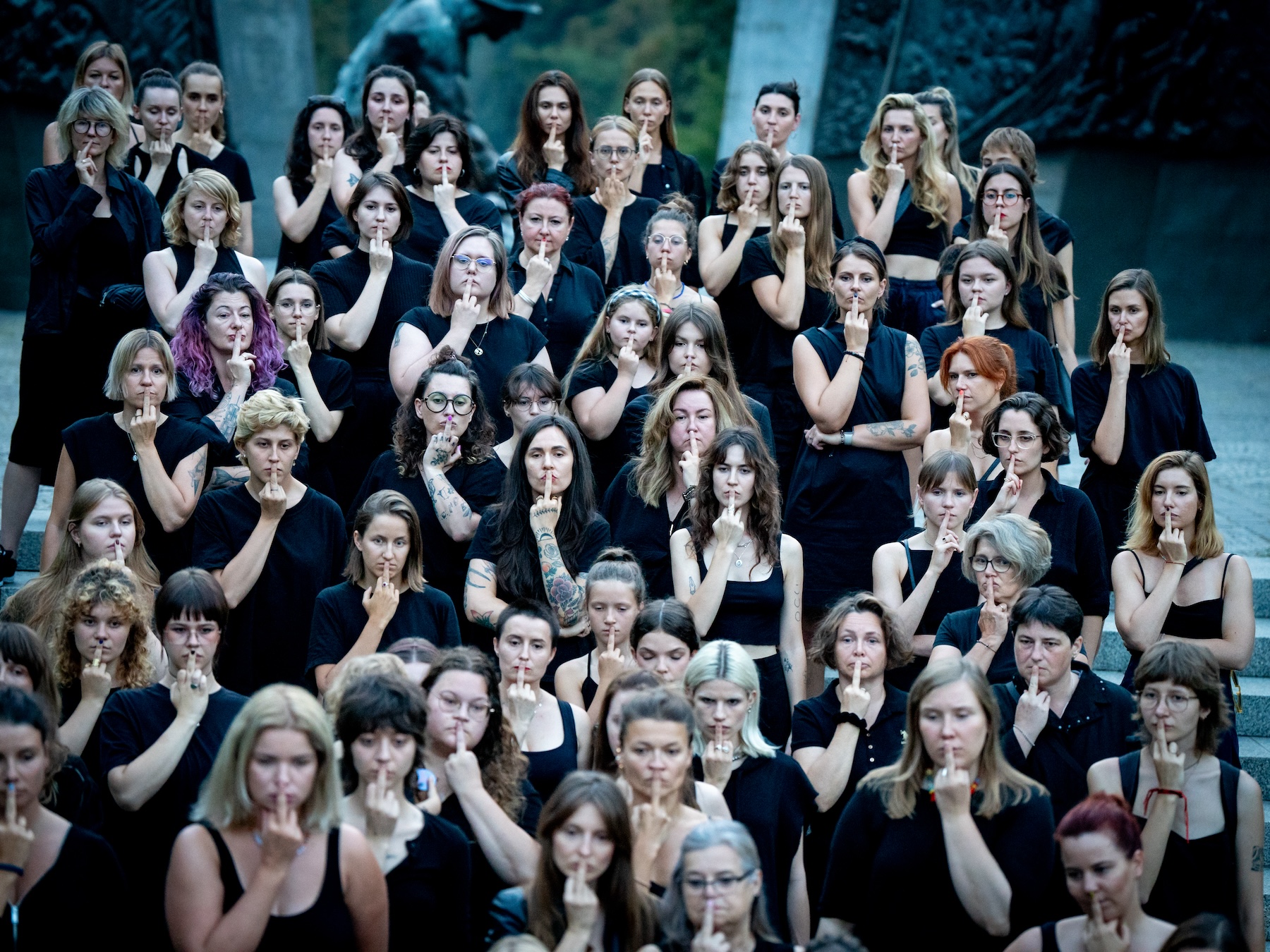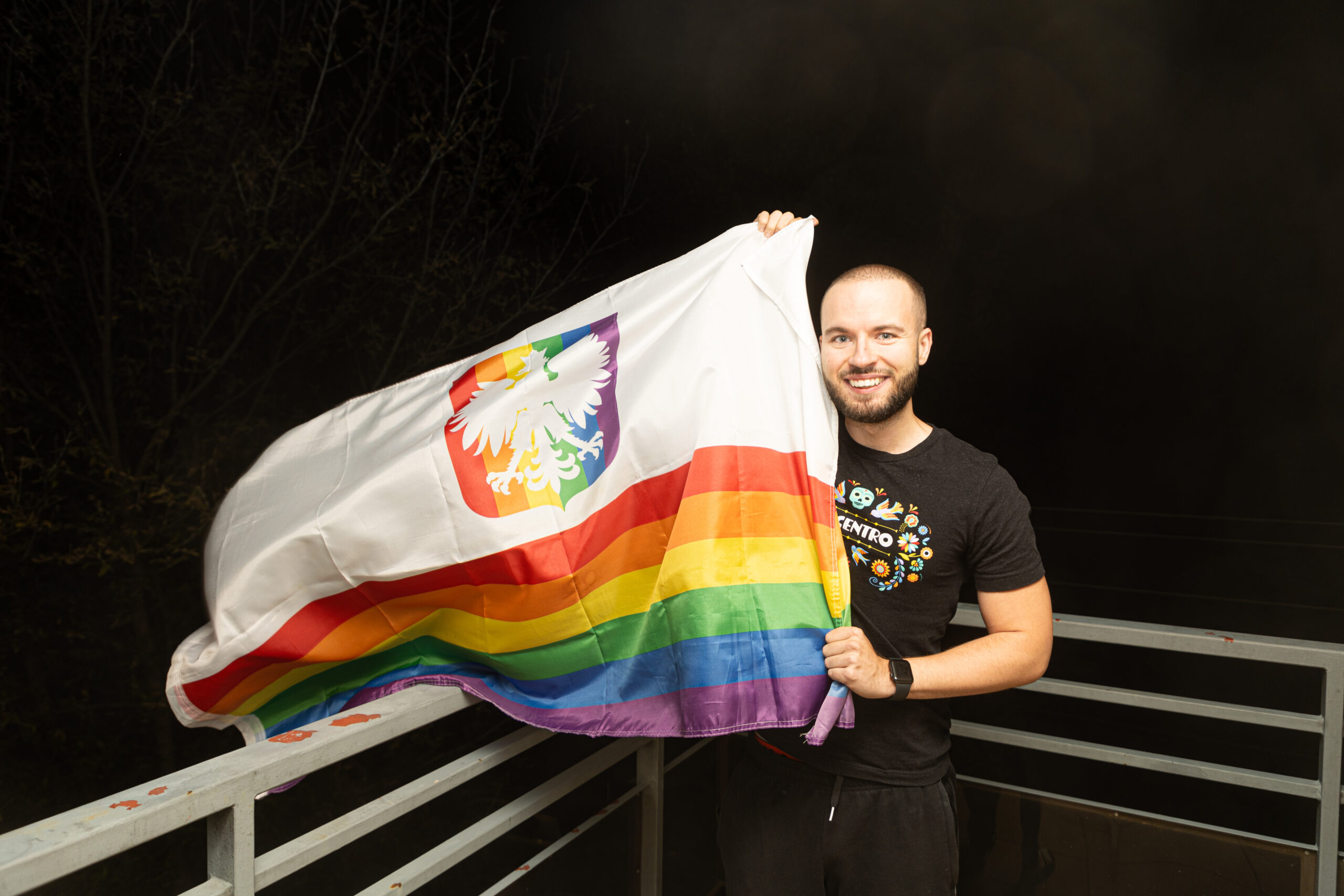
The majority of the organizations we work with here at Action Network are based in the United States, where digital mobilization and online fundraising have been a staple of nonprofits’ work for nearly two decades. But a growing number of organizations are using the tools to build power in Europe, where these online tactics are used sparingly, especially in comparison to their American counterparts.
The European Center for Digital Action (ECDA) is working to advance the digital skills of progressive organizations across Europe. Their mission is to empower these organizations with the knowledge and expertise they need to excel in the digital realm, from cutting-edge tools and strategies to effective small-donor fundraising programs.
I connected over Zoom with Paulina Gruda, Digital Campaigns Advisor at ECDA, about her work with organizations to build power using digital tools in Poland and beyond.

Hi Paulina, would you tell me about yourself and your work at ECDA?
I’m Paulina Gruda. I come from Poland. I’m a Polish activist. In the election year, I was supporting the Polish NGOs to help them digitally organize. And now I’m at ECDA, which stands for European Center for Digital Action.
We’re trying to train and build capacity within NGOs and political parties [in Europe]. We are introducing digital organizing to them, since it’s not very popular to do that when you’re an NGO. We are introducing the tools, we are giving them trainings about Action Network, about fundraising, about Meta ads, and we are focusing to change the mindset into why digital organizing is the future and why we need to use it, especially when the far right is using it.
“Action Network is something new, and it’s a really incredible opportunity for them to use it because they don’t have the money to buy those expensive tools, and those tools are not designed for them.”
It’s very important because the European tech scene is so much more fragmented and poorer than in the U.S. Progressive orgs can have access to the private sector’s emailers and CRMs, but it’s expensive and it’s not value-driven. So Action Network is really something new, and it’s a really incredible opportunity for them to use it because they don’t have the money to buy those expensive tools, and those tools are not designed for them.
For those who are not familiar with the situation in Poland, would you give us an idea of what progressive organizations there are up against?
For the past eight years, the far right, the populist party, was ruling the country, and those were really bad years, especially for women and for LGBT+ people. They took our rights to decide about our bodies, so we have no access to abortion, no access to the pill. They took everything from us, then they turned the public media into a propaganda tube, and they did the same with schools and with courts.

During those eight years, the NGOs were doing a very great job, but they were not focusing on digital, they were focusing on offline protests. And then the election year came, we all realized that it’s a fight for everything, and now is the time to use every tool and every strategy we have. And they started to organize digitally. Before that, they didn’t know that they’re capable of doing that. They were just thinking about offline actions.
“We all realized that it’s a fight for everything, and now is the time to use every tool and every strategy we have. And they started to organize digitally.”
How have organizations in Europe started to incorporate these tools into their work?
When we started introducing Action Network to several NGOs at the beginning of the year, we were starting with forms because the goal was to build a database before the election, and it was a huge success. We were helping them run a lot of ads with petitions, with letter campaigns, and they were very, very successful. And then we started helping them to fundraise with those people on the mailing list. The NGOs didn’t have capacity, but the volunteers were able within three days to learn how to create a form and how to create an email and send it.

What do you see as the next step for these organizations as they build their online programs?
I wish that organizations in Europe were not afraid to ask for money. The struggle right now is that they’re shy, and they don’t want to ask for too much. That’s my dream for now, to let them believe in themselves and in the idea that people want to support them because what they’re doing is really important.
I would say that the orgs should not be afraid of the technology. They’re very focused on offline, they’re focusing on the members, they are focusing on the volunteers in the streets and protests, and it’s super important. But when it meets with digital organizing, then it blows up.
“We were like, maybe it’s too much for Poland. No one does it, but our colleague convinced us. We sent it from the leader of the organization. It was the first email from her, and it was the most successful email in their history. This one email funded half of their fundraising number for the whole year.”
We are trying to teach our NGOs how to write an email, how to ask about something in the email, how to give a call to action. It’s super hard, of course, but when they do it, it really works.
Before the election, my colleague wrote an email with an American expert, and it was this kind of email, ‘The One Thing I need from you before Election Day.’” We were like, maybe it’s too much for Poland. No one does it, but our colleague convinced us. We sent it from the leader of the organization. It was the first email from her, and it was the most successful email in their history. This one email funded half of their fundraising number for the whole year.
So those emails are working here, but the convincing process is pretty long. But once we convince them, it’s incredible because it’s also something new for us. When people get the email, they’re like, ‘Oh, Marta Lempart [founder of the All-Poland Women’s Strike] wrote to me!’